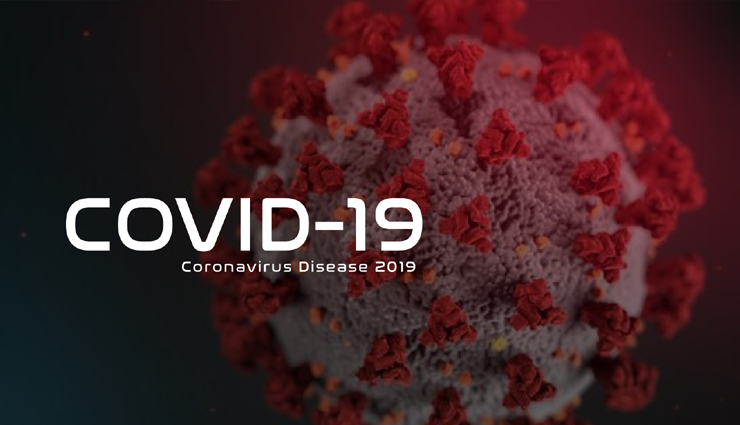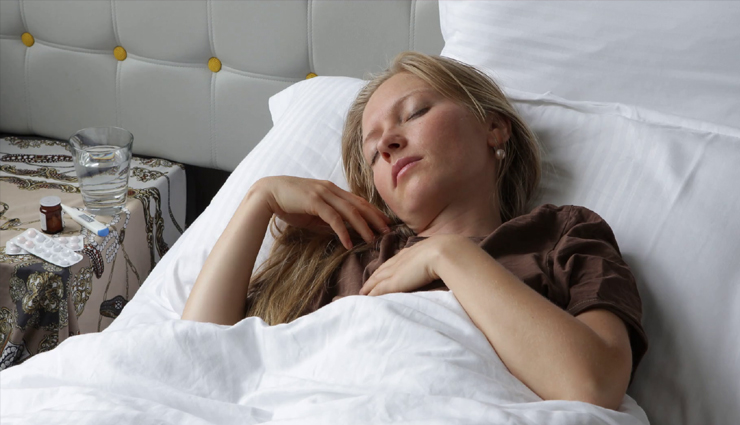6 Things You Must Do Post COVID-19 Recovery

If you or someone you know got infected and recovered, congratulations! But remember, even though the virus is no longer in your body, you still need to be cautious about what you do in the next few days. Here is a complete guide to post-COVID care.

Most doctors suggest that you stay isolated for another 7 days, especially now that some studies have found that even if the symptoms disappear, the virus may still linger in your body. If possible give yourself a week of complete rest after recovery. A well-rested body can focus on healing. Get enough sleep because when you sleep, your body speeds up the recovery procedure. Do not resume your old lifestyle right away. Too much work, stress and anxiety will make you ill.
Food eases the path to recovery. The right kind of food will help you gain your strength back in days. Make sure your diet includes plenty of proteins such as lentil soup, legumes, seeds, nuts, boiled eggs, and chicken stew. Proteins repair the body. Eat small portions for easy digestion. Don’t forget to eat at least 1 fruit a day. Drink plenty of water to stay hydrated.
Exercising may sound unappealing, but it is essential for a speedy recovery. Working out improves blood and oxygen circulation. It helps to detoxify your body. It can also help your brain produce more happiness hormones which will lift your spirits – something that is greatly needed after you’ve contracted COVID. Only exercise as much as you can. Do your favourite kinds of exercise and don’t push yourself too much. 10 minutes a day will suffice.
COVID is known to damage brain and neural cells. To prevent future memory problems, try playing some memory games like sudoku, mathdoku, crossword, jigsaw, etc. this will also help you while away the time without getting bored and irritated.
Continue to monitor your blood oxygen saturation level with your oximeter. Even if you have recovered from COVID, there could be lung damage that you don’t know of. If so, your oxygen level will fluctuate and dip below 90. You will need to visit the doctor.
# Watch out for other symptoms
COVID can have long-term consequences for your health. So you have to be alert. COVID can cause both lung and heart damage. If you begin to experience shortness of breath, tightness in the chest, warm flushes, consult a doctor right away.